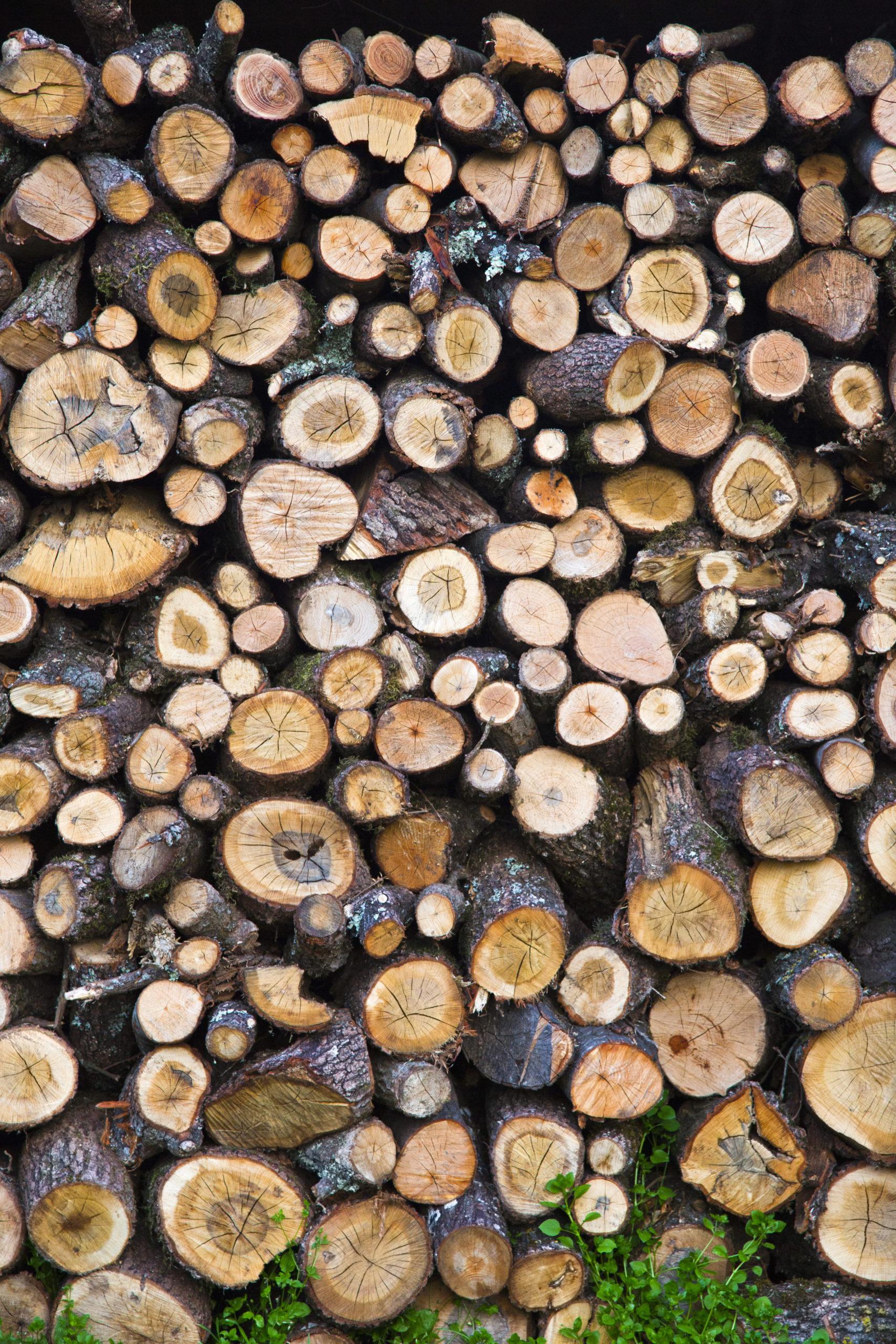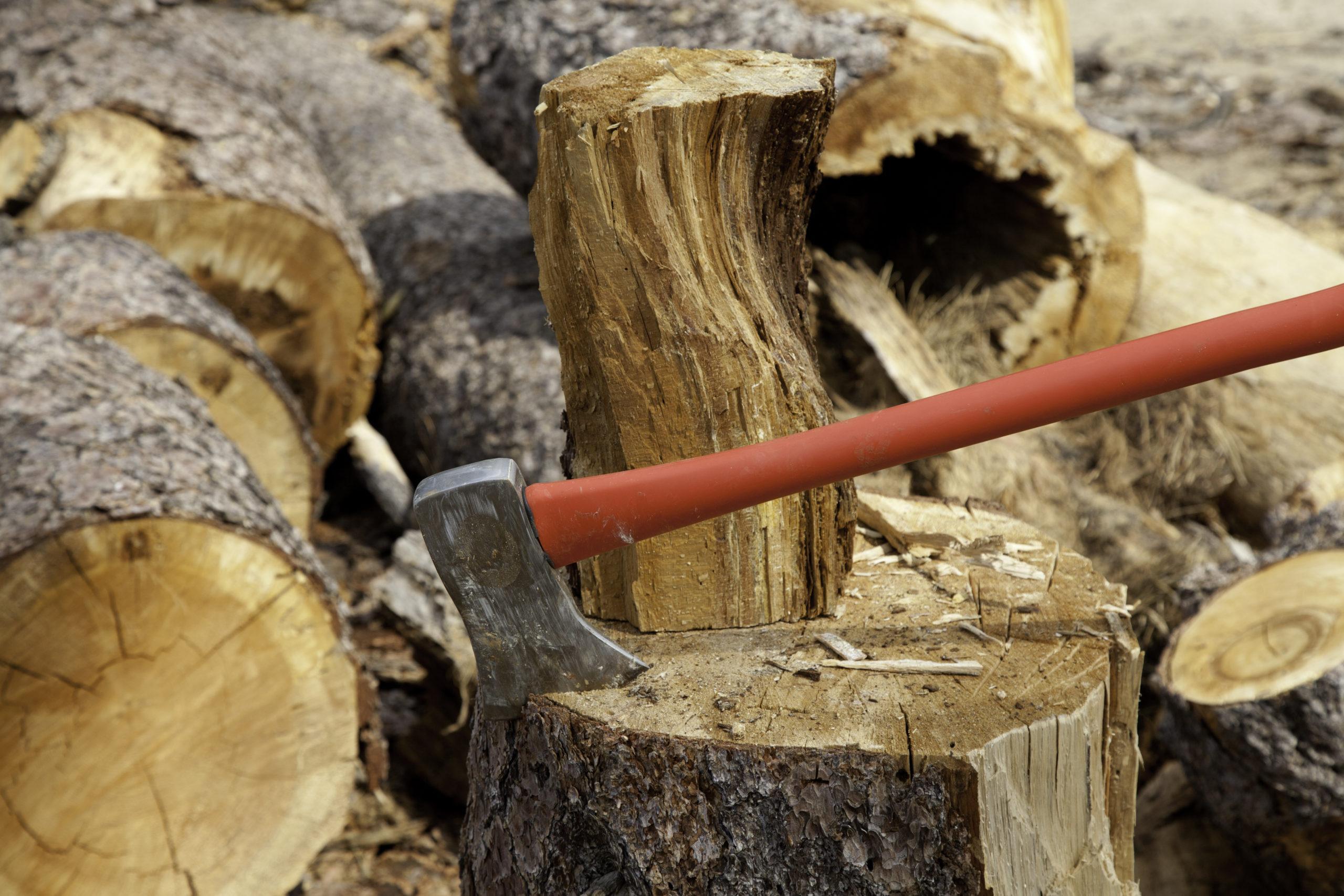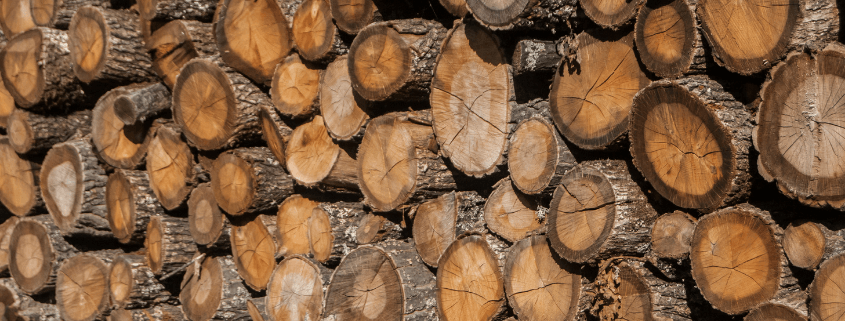Firewood left to season for longer than needed might lose more moisture than is necessary. While that sounds okay – or at least not problematic – some moisture content in the wood is important for controlling a fire and enjoying its heat. Here’s what very dry firewood can do to your fireplace or wood-burning stove and why you should only buy cords that are professionally seasoned.
How Wood That Is Too Dry Affects Your Fire
Trees contain a lot of natural moisture, and some species can have more water by weight than the fibre! When you’re starting a fire, you want that fibre to burn, but higher water content in the firewood slows the breakdown of this fibre. Boiling the water out of the wood uses up the heat energy, creating steam and little actual heat, whereas the vaporization of the various parts of firewood creates smoke.
The dryer the firewood, the denser the smoke and the quicker fibres will break down when heated, making fires too hot, too smokey, and too hard to control. Using wood that is too dry for pure heating purposes can be a waste, and even though the fires can be intense, the energy can burn through the material quickly. If you have very dry firewood, mix it in with properly-seasoned cuts for a more efficient, more effective fire.
If you’re using a load of very dry firewood in a wood stove, it can negatively impact the system and your home. It produces more smoke than the air supply of most models can provide, seriously damaging the innards of your stove.
Should Firewood Have Water Content?
 The best-seasoned firewood has some water in it – roughly 15 to 20 percent of its weight. With factors like size, load configuration, and the air supply, water in firewood regulates the combustion process. Seasoning requires nothing but time and a proper location and should be left for around six months to a year. Certain practices speed the process, like storing it in a condition that has the right air circulation, off the ground, and under a cover open to the air. The proper conditions also prevent the wood from rotting and becoming infested with insects or rodents.
The best-seasoned firewood has some water in it – roughly 15 to 20 percent of its weight. With factors like size, load configuration, and the air supply, water in firewood regulates the combustion process. Seasoning requires nothing but time and a proper location and should be left for around six months to a year. Certain practices speed the process, like storing it in a condition that has the right air circulation, off the ground, and under a cover open to the air. The proper conditions also prevent the wood from rotting and becoming infested with insects or rodents.
Naturally, if firewood can be too dry, it can be moist, too. You may know this already: newly cut or green firewood has a moisture content that exceeds the recommended 20%, making it unsuitable for burning. If the water content of firewood is too high (30% or higher), the fire will expend its energy on nothing but the moisture and the fire will take a long time to build towards a clean burn – if you can get it to burn at all.

